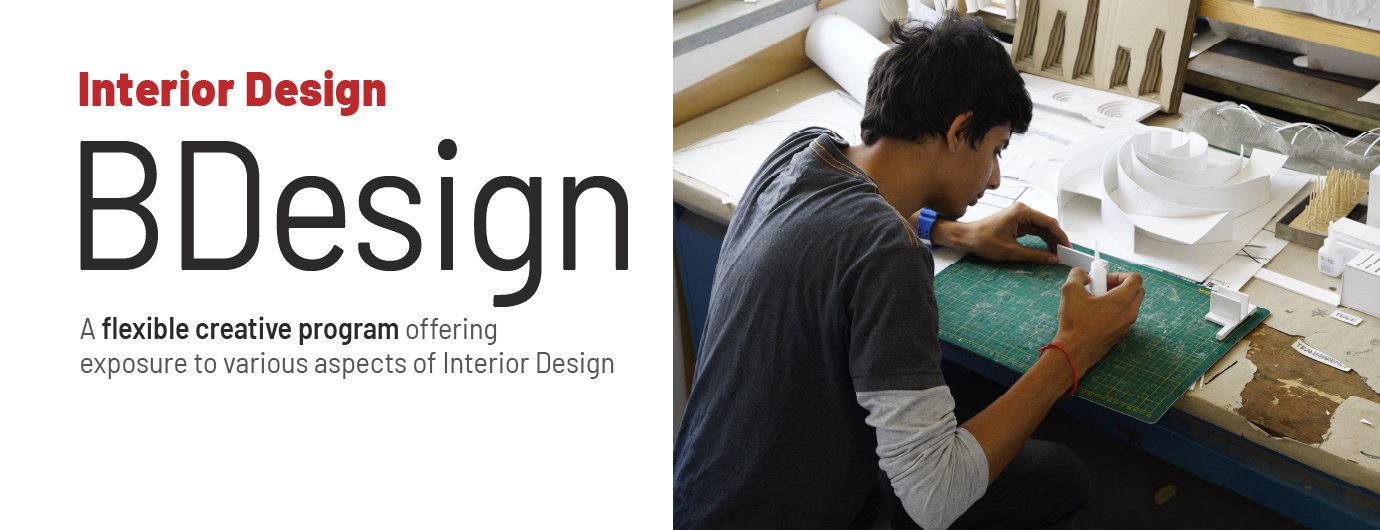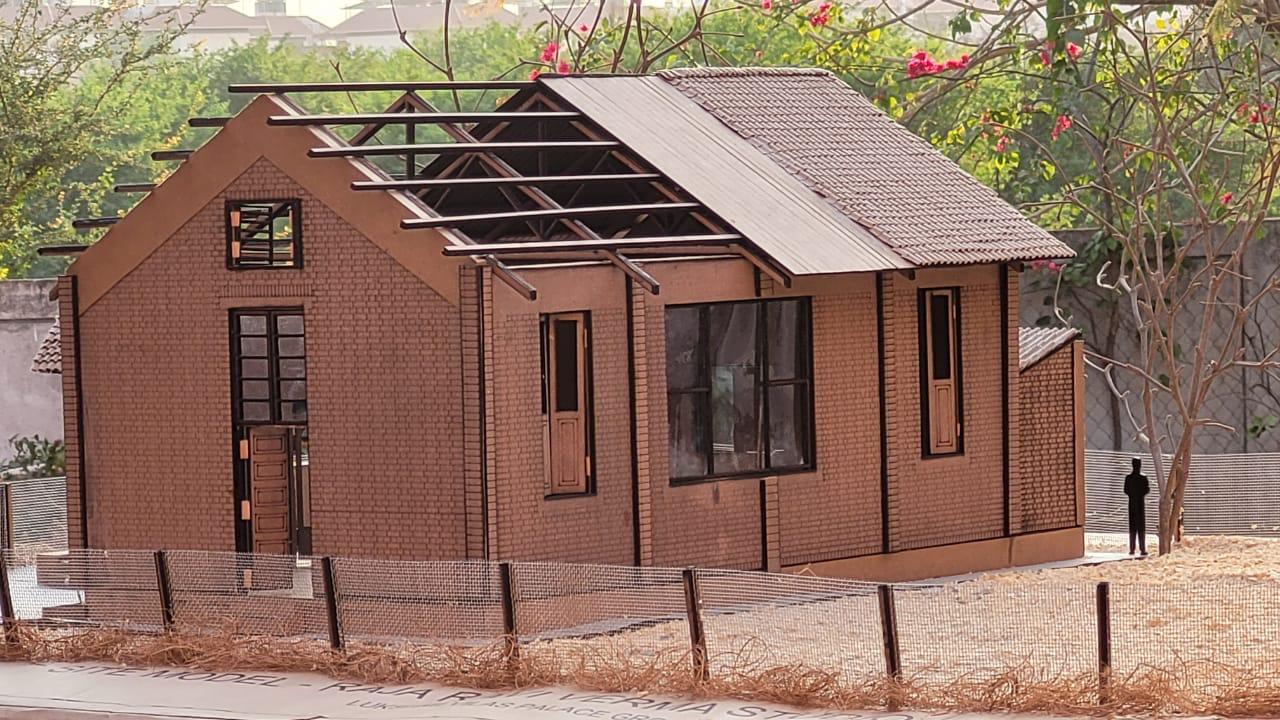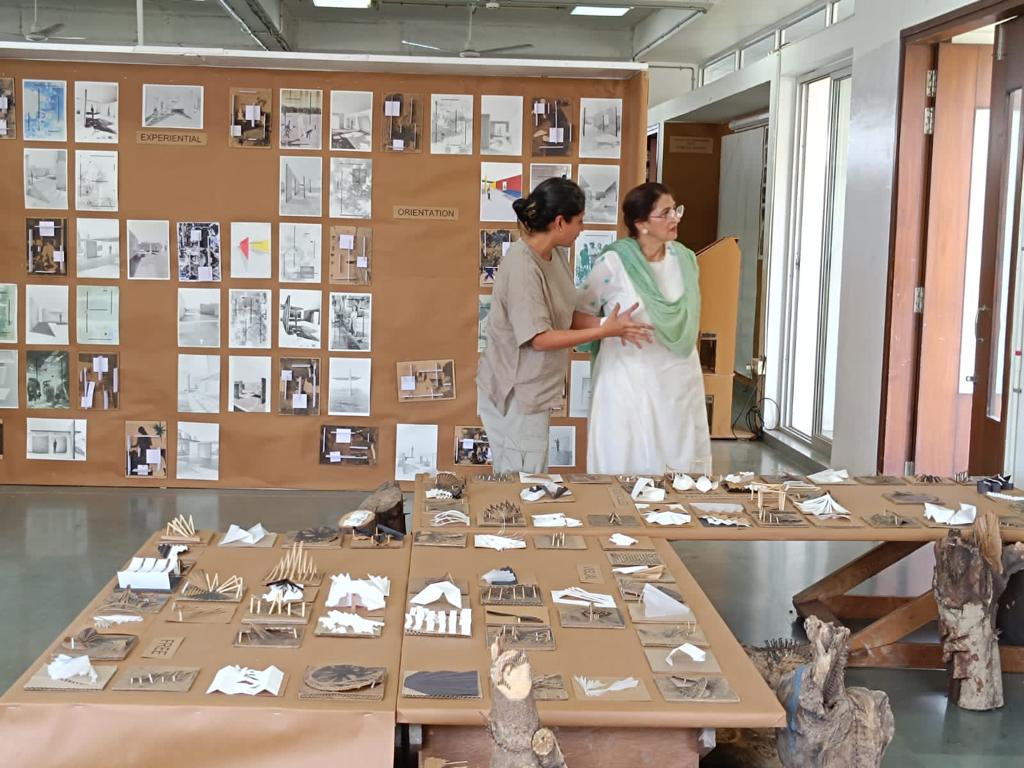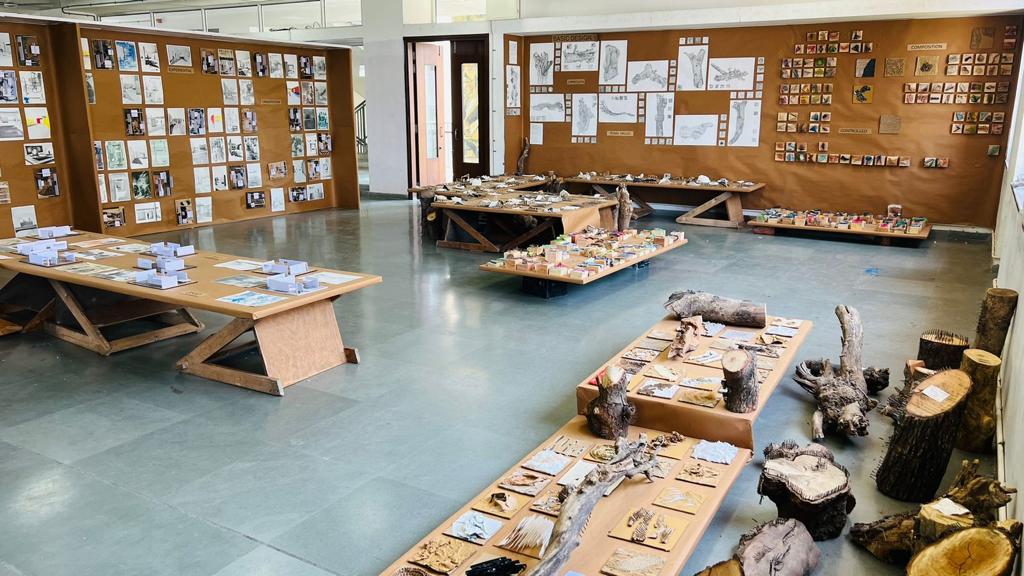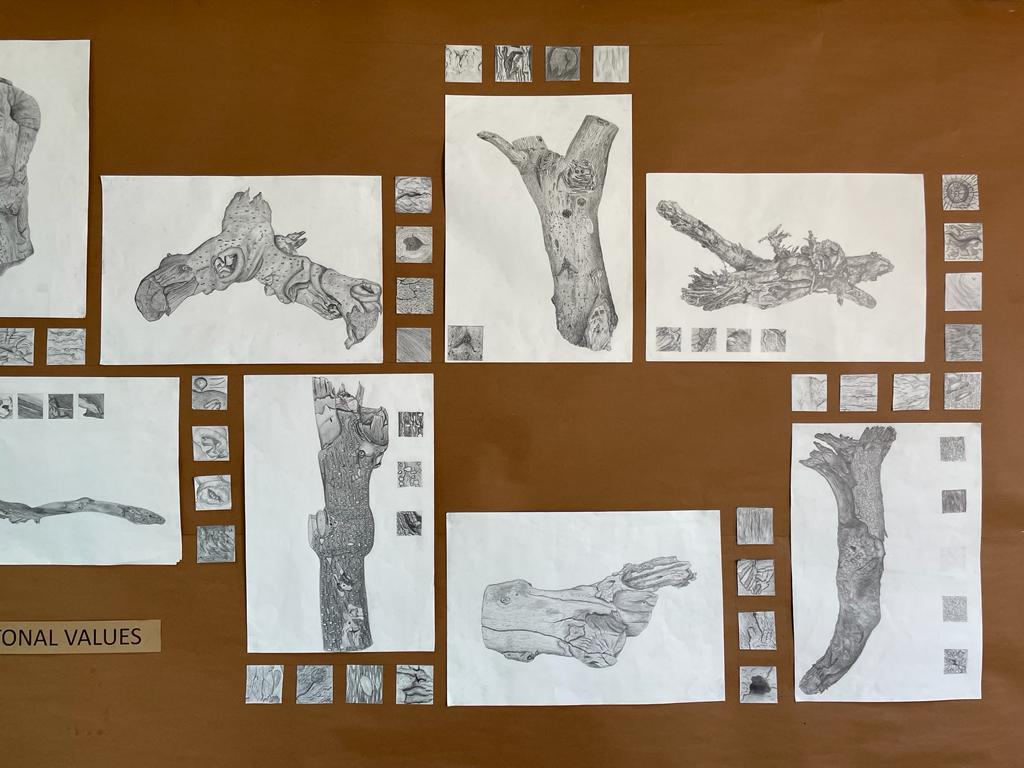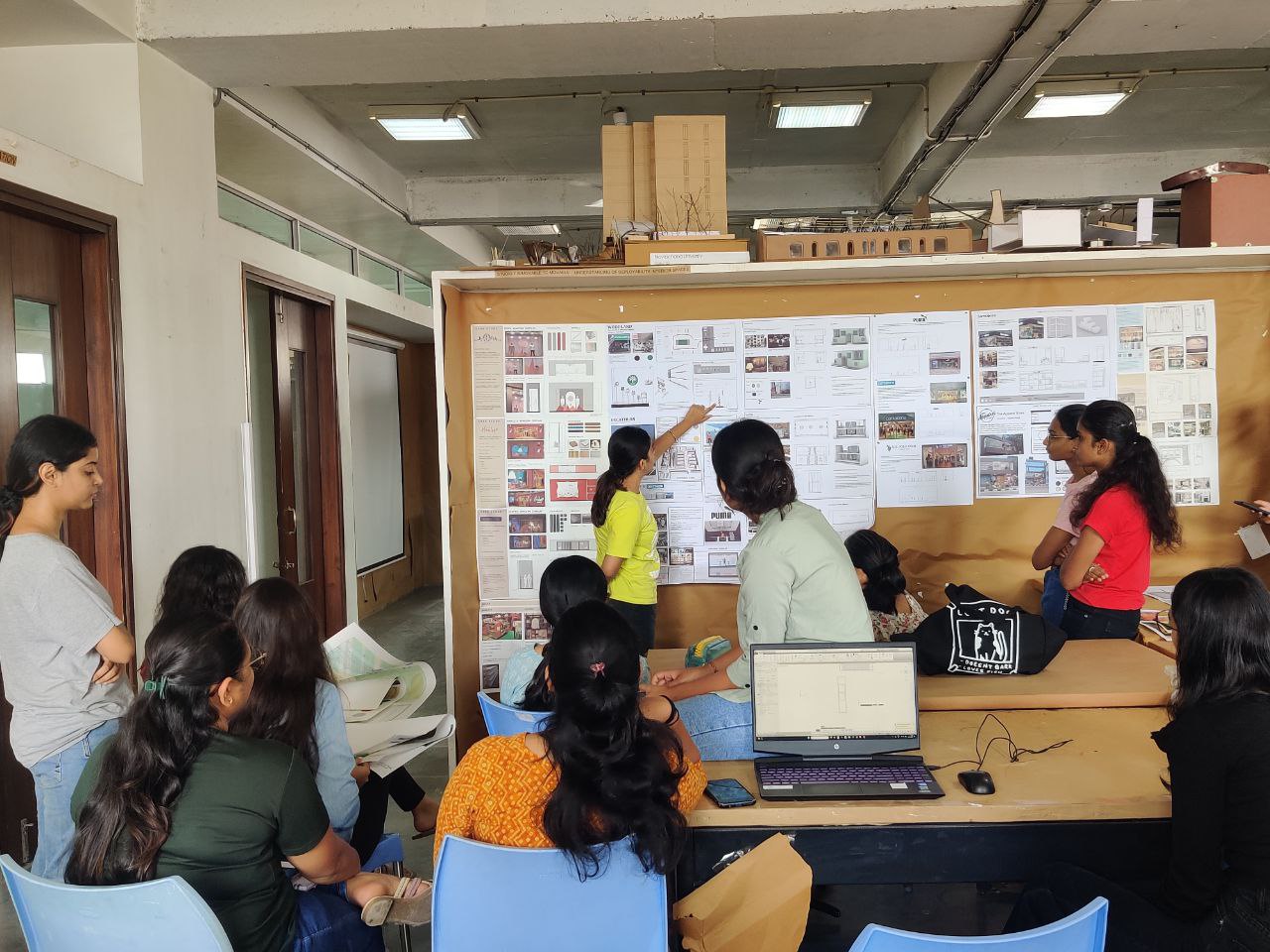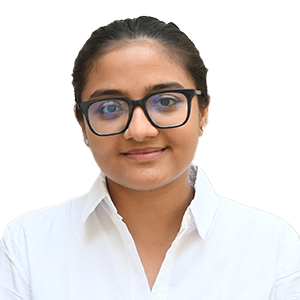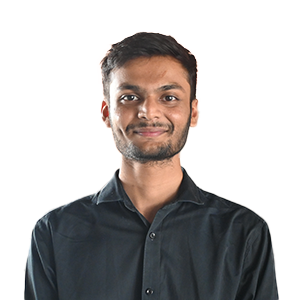Choice-based Curriculum
Navrachana University, a premier university in Vadodara, known for its innovative and forward-looking approaches to education has now implemented a choice-based curriculum for its students. It is aimed at transforming the student learning experience, empowering them to “tailor-make” their own degree.
The need of the hour today is to create highly skilled professionals who possess a broad-based outlook enabling them to collaborate, understand and empathize with larger sociocultural realities.
- Choice-based curriculum empowers students to choose 10% of course credits of their choice from other domains.
- The mandatory courses of one domain will become the elective courses in other domains.
- For instance, a student of Engineering can study Architecture and Design courses and vice versa.

Minor discipline courses
Navrachana University offers its students’ the opportunity to pursue a Minor discipline along with their major degree program, following one’s interest, which facilitates the growth of additional skills. Minors are a means of diversifying the understanding of a topic and a reflection of who one is as an individual. For example, a student of Bachelor of Business Administration (BBA) can choose a minor in ‘Interior Design’.
To attain a Minor, the students will need to do 18 credit worth of courses designated to diversify interests and gain a professional edge!
List of Minors
Health Science | Computer Science & Engineering | Business Law Interior Design | General Management | Mechatronics | Film Production
KHOJ winter school program
The Khoj program has been one of the defining social immersion activities at Navrachana University. Conceived right during the inception of the University, the Khoj program was envisaged to be a vehicle to inculcate social awareness, empathy, and interdisciplinary skills among our students, with a larger aim of proposing solutions to societal problems through innovation, it is through intense, rigorous, and field-based activities that students come up with an increased sense of empathy and awareness towards their surroundings. This program was further strengthened by engaging on topics that are relevant and can be made visible to society at large, the program is conceived as a larger and more ambitious activity that is undertaken by students and faculty members during the semester break under the umbrella of KHOJ WINTER SCHOOL.
Thematic Clusters:
Public Health & Hygiene | Mental Health | Environment & Sustainability | Waste Management | Urban Development | Economics & Social Issues.

